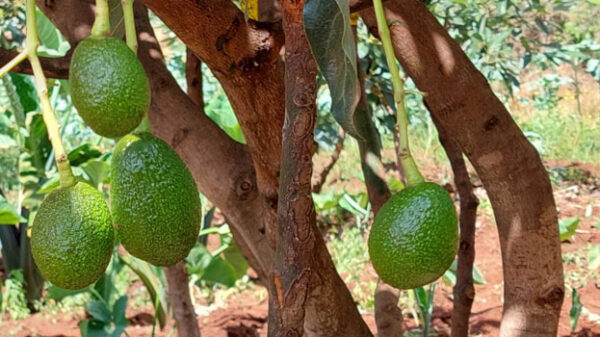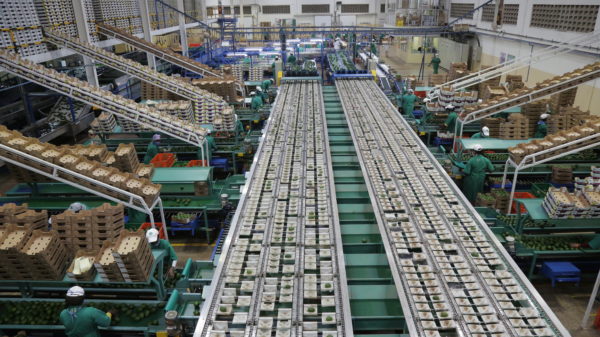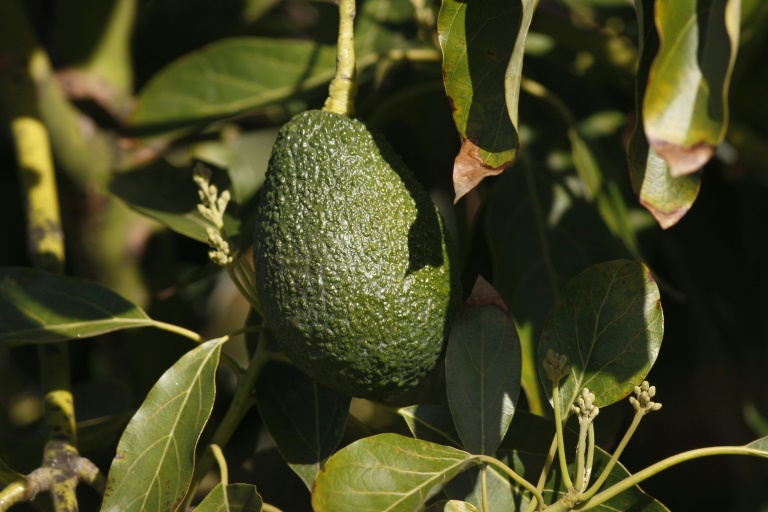The operating environment for many business enterprises is fast-changing to one that is guided by human rights frameworks as a sustainability factor.
For some businesses, implementing human rights standards has come from negative experiences. Responding to such events in a responsible, proactive and progressive manner is the only correct way to respond. Some businesses, however, continue to work oblivious of the need to mainstream human rights as part of their corporate operating pillars and strategies, and herein lies a huge risk.
The uptake of human rights standards has been more prominent in countries from the Global North. On the other hand, the uptake by countries from the Global South has been relatively slow. Perspectives and experiences from the North have also not helped much as the differences in the business landscape is far and wide. This slow uptake has resulted to misrepresentation of an inaccurate view that justice cannot be served within judicial and Non-judicial systems of countries such as Kenya.
Since the adoption of the UN Guiding Principles on Business and Human Rights (UNGPs) in 2011, only 10 African Countries out of 55 have developed National Action Plans as a means to implement the UNGPs at national levels. In the East and Horn of Africa, Kenya and Uganda have concluded and published a NAP, while the Tanzanian government has committed to developing a NAP. It is evident that the capacity to protect and respect human rights in the region has not kept up with the heightened economic activity, rapid business expansion and investor interest in the region.
It is against this background that countries from East and Horn of Africa converged in a two-day regional and national dialogue. The dialogue brought together Ministries, Departments, Government agencies, Business associations and Civil society to share progress, lessons and formulate strategies for the acceleration of development and implementation of NAPs. With the recent publishing of the Kenya National Action Plan on Business and Human Rights, an opportune time has arisen for businesses to follow the leadership given by the Government. This is because the NAP clarifies the responsibility of businesses and what is expected of them. The NAP Policy is arranged through the 3 Pillars of the UNGPs. Pillar 1 is The State duty to Protect, Pillar 2 is the Corporate responsibility to Respect and Pillar 3 is Access to remedy.
During this dialogue, I was privileged to share perspectives on Access to Remedy from the lens of the development and implementation of Kakuzi’s Operational Grievance Mechanism.
Having faced allegations related to adverse human rights impacts, Kakuzi responded by implementing the corporate responsibility to respect as outlined in the UNGPS. Respect under UNGPs means that companies should not ‘infringe on the rights of others’ and should ‘address adverse Human Rights impacts with which they are involved. This means that where a company identifies that it has caused, contributed or is directly linked to adverse rights impacts, it should provide a process of remediation through developing an OGM. The idea is that adverse impacts are addressed early and remediated directly.
In any business, adverse impacts may occur despite a commercial organisation’s best efforts to prevent them. It is under this understanding that Kakuzi has developed and is implementing an OGM. The OGM is a means for individuals, workers, or communities who may be impacted by the activities of the business to raise complaints, questions, or concerns in order to get them addressed in a formal, prompt, and consistent manner. At Kakuzi, the OGM has been granted a local name SIKIKA, meaning “to be heard”. We have found that a local name enhances local ownership of the processes of SIKIKA.
In terms of the design, SIKIKA has two different processes differentiated by impacts: Tier 1 is for grievances about operational effects (i.e. relatively minor things that can happen during the ordinary course of doing business) that are best be handled and resolved internally. Tier 2 is for grievances that raise severe human rights impacts. For Tier 2, Kakuzi is in the process of establishing an Independent Human Rights Grievance Mechanism, which will be headed by an independent expert and assisted by a local advisory panel. Both Tiers take a victim-centered approach in resolving grievances by offering safeguards such as confidentiality, counseling and other measures as necessary.
In terms of lessons, we have found that implementation of OGMs increases internal knowledge on human rights and the capacity to reinforce a culture of respect for Human Rights. This is because while implementing OGMs you learn about the identification of impacts from a human rights lens, how to address them and how to prevent them. Integrating findings from this process can also inform change in policy and processes of a Company.
The level of documentation involved in implementing an OGM improves the quality of information available on the company’s impacts. Effective tracking of impacts coupled with feedback from stakeholders can result into a solid process that not only addresses issues, but prevent recurring problems that are reported transparently to improve performance.
As a non-judicial, dialogue-based mechanism, OGM offer the prospects of an easier, quicker and more effective to complainants and can provide more appropriate case-specific solutions that enable victims and companies to move on with their lives.
Ultimately, the success of any grievance mechanism lies in its credibility, legitimacy and transparency. These three are best achieved by undertaking a continuous process of stakeholder engagement combined with a fact-finding process that is transparent and involves dialogue in the resolution of grievances. Dialogue builds trust.
Stella Wangechi, is a Business and Human Rights Expert and Currently serves as the Human Rights Manager at Kakuzi PLC.























































